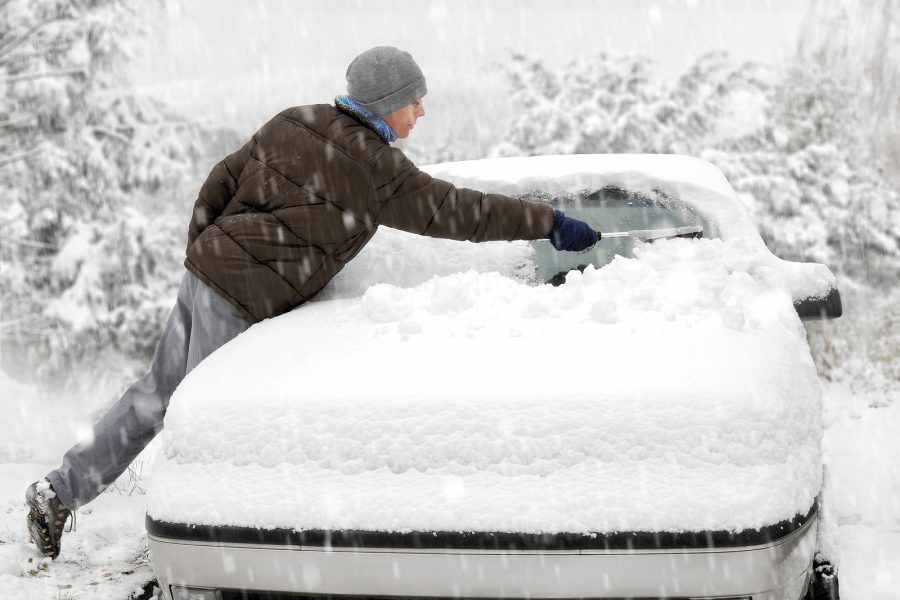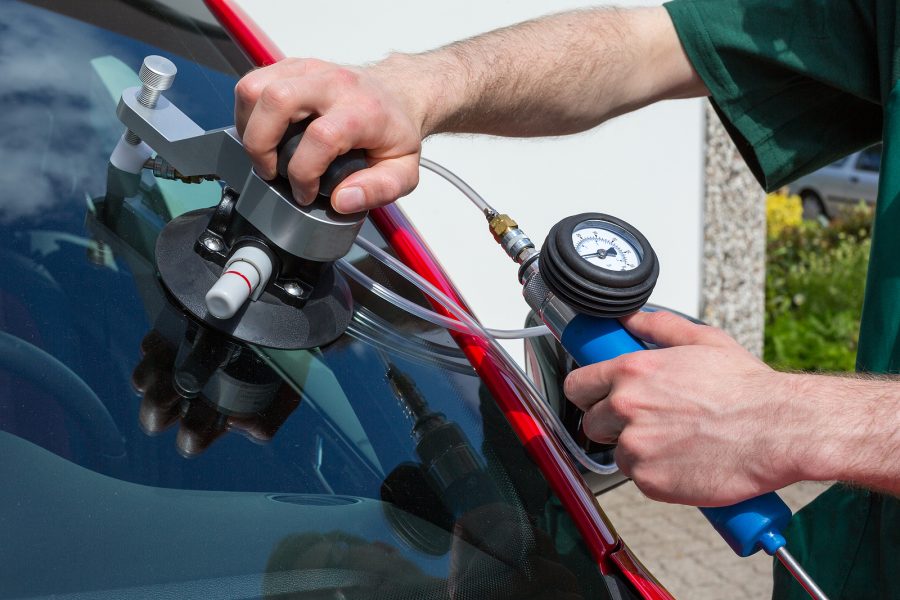More than half a million electric vehicles (EVs) in Britain will be affected by the recent announcement they will no longer be exempt from Vehicle Excise Duty (VED).
Last week, the government unveiled its Autumn Statement, which revealed owners of EVs will have to pay vehicle tax from 2025.
It stated this was a reflection of consumer behaviour and the increase in drivers transitioning to EVs, adding: “This will ensure that all motorists begin to pay a fairer tax contribution.”
The RAC estimates this will impact owners of 550,000 battery EVs currently on the road, with this number likely to increase over the next two years when the change comes into play.
Head of policy at RAC Nicholas Lyes said the decision to start taxing EVs is “probably fair” to help the government keep up with road maintenance.
“Vehicle excise duty rates are unlikely to be a defining reason for vehicle choice, so we don’t expect this tax change to have much of an effect on dampening the demand for electric vehicles given the many other cost benefits of running one,” Mr Lyes went on to say.
He added that car taxes are likely to be “kept low”, which will be good news for EV drivers.
This should encourage more motorists to switch from petrol or diesel cars to EVs by 2025. As well as making sure you pay the right levy for your vehicle, it is essential you keep it in good condition, so it lasts as long as possible. That is why you might want to consider windscreen replacement if it has recently been damaged.









